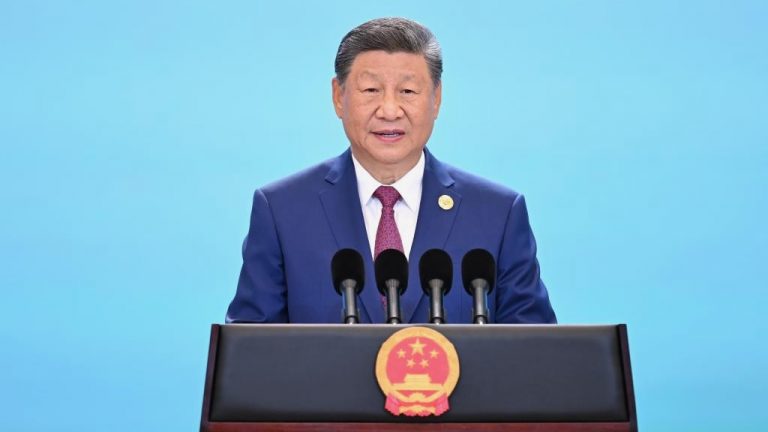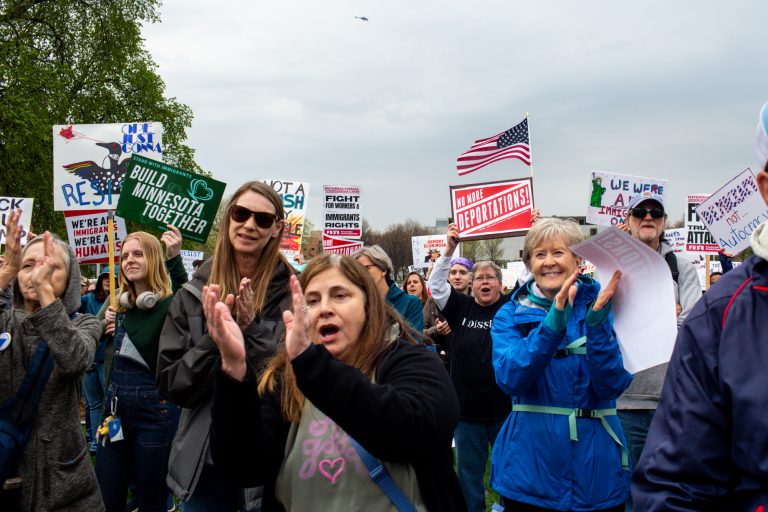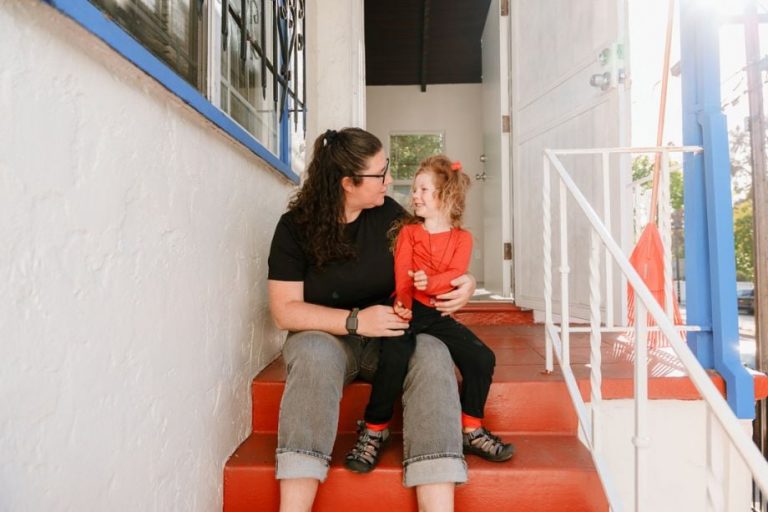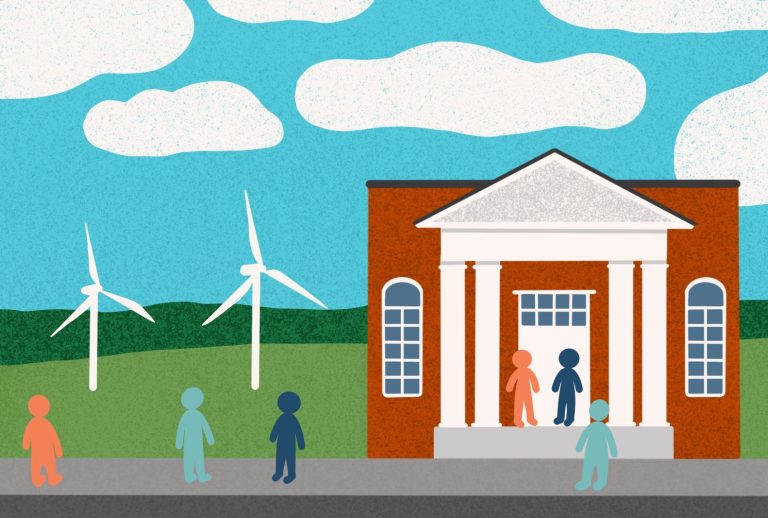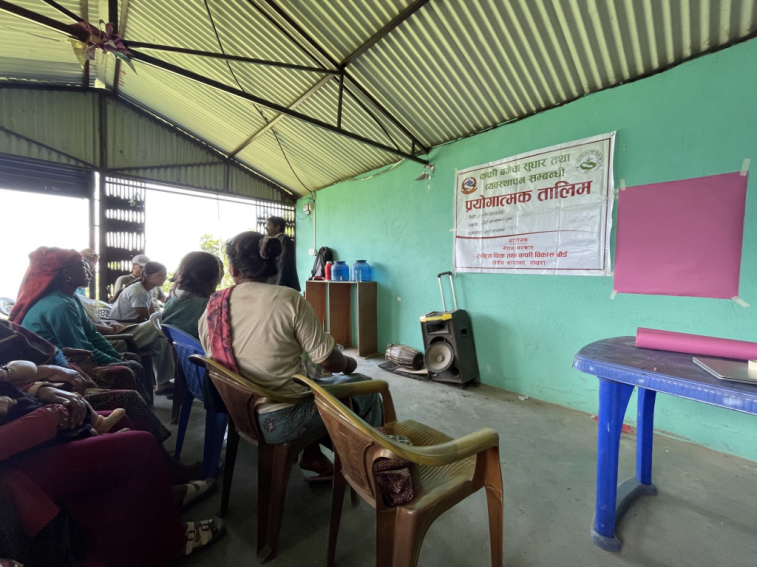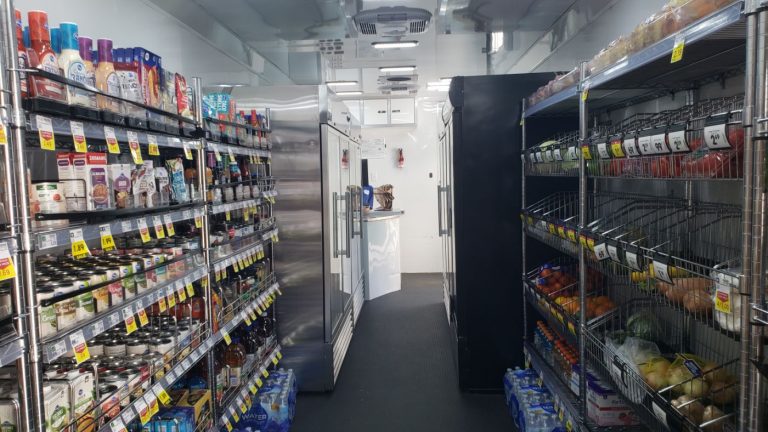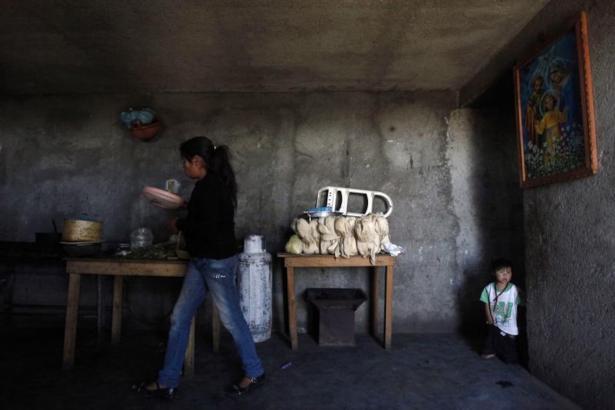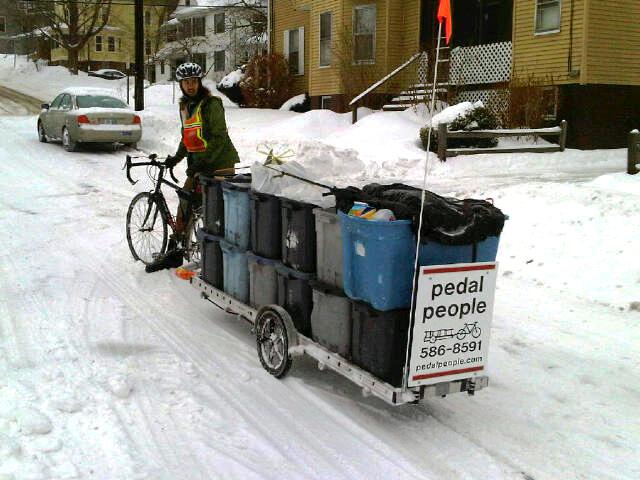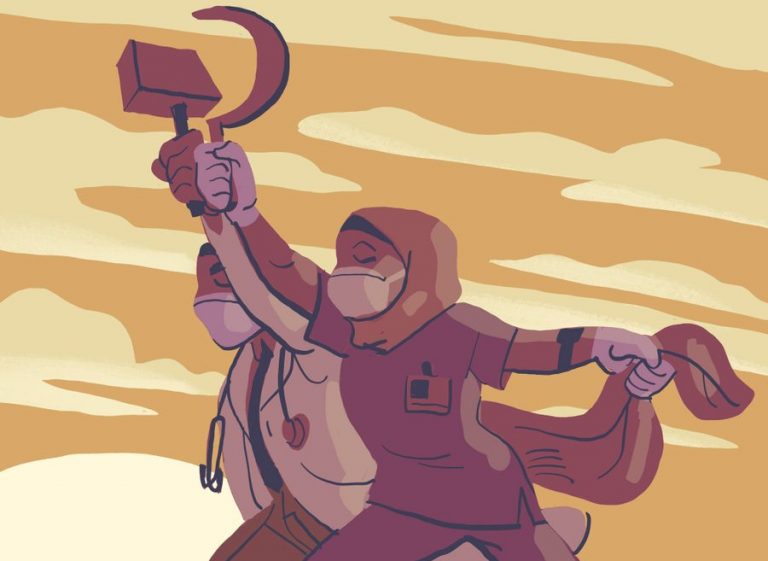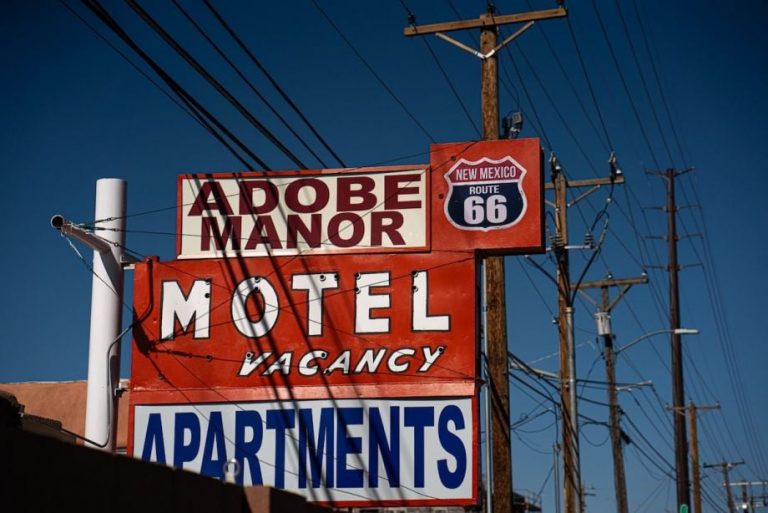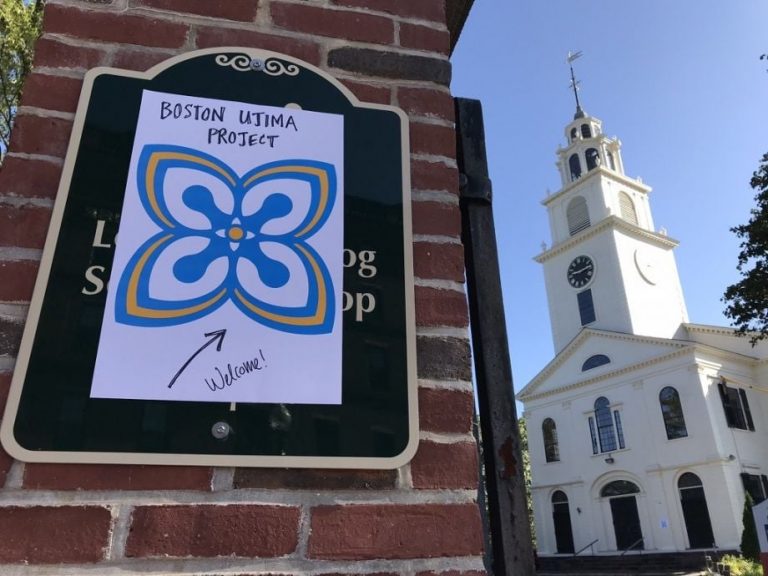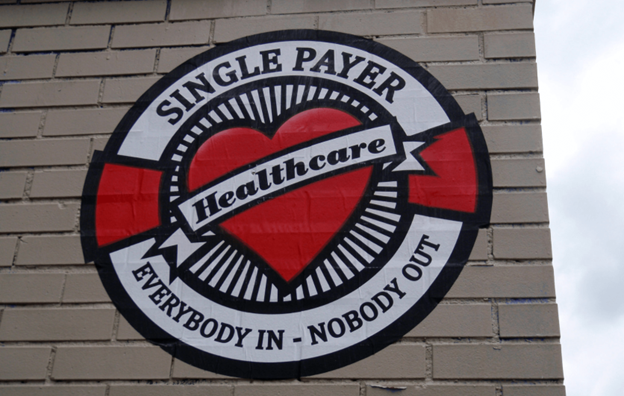Create!
![]() Along with direct action and other forms of resistance, a transformational movement must also have a constructive program that builds new institutions based on the values that the movement aspires to achieve. These may eventually replace the old systems. From small, worker-owned cooperatives to national advocacy groups, hundreds of thousands of people around the country are working to create democratic and sustainable systems that meet the basic needs of all people.
Along with direct action and other forms of resistance, a transformational movement must also have a constructive program that builds new institutions based on the values that the movement aspires to achieve. These may eventually replace the old systems. From small, worker-owned cooperatives to national advocacy groups, hundreds of thousands of people around the country are working to create democratic and sustainable systems that meet the basic needs of all people.
The 25th Heads of State Summit of the Shanghai Cooperation Organization (SCO) concluded in Tianjin, China, on Monday, September 1, with the adoption of the Tianjin declaration, which calls for a peaceful and equitable global governance and increased South-South cooperation.
The summit highlighted the “fluid and chaotic global situation” created due to the unilateral actions of some countries in the West. It noted that the fast changing global scenario has a profound effect on all aspects of life.
In this context, the SCO adopted a strategy for the development of the block in the next 10 years, reiterating its faith in international law and the UN charter.
A Time For Bold Vision: Labor’s Call For Economic Justice
September 1, 2025
Chelsie Glaubitz Gabiou, Minnesota Reformer.
Create!
Economy for All, Labor Day, Labor Movement, Worker Rights and Jobs
On this Labor Day, as the Trump administration systematically attacks workers and undercuts labor rights, it is not enough for the labor movement to oppose what is happening.
While resistance is essential, we must also chart a path forward — one that clearly articulates what we stand for and the future we are building. A future where all workers — working people of all identities, backgrounds, education, abilities, size, expression and status — feel safety, security and solidarity from their union and labor movement.
Local union members recently created an agenda called “Our Shared Vision for Workers’ Rights and Economic Justice” that is the result of listening to workers who understand firsthand what working people need to thrive.
It’s Time For Community Incubators
August 28, 2025
Elias Crim, Solidarity Hall.
Create!
Community Incubator, Community organizing, Jobs, Local Economy
Let’s imagine something new has arrived in the neighborhood—a community incubator. It’s a little like a free health club, if you take health in the broadest sense—i.e., including social and economic health.
You could think of the incubator as working like a golden funnel turned on its side. It’s wide-open at one end (which most business incubators are not really) but it channels and directs the flow to particular places—like toward a good job. Or even a new business you co-own.
The logical home for a program like this is a community hub. You probably know this kind of place. It’s not a community center with yoga classes and senior swimming groups.
An authentic community hub feels grassroots-y and kinda political.
Land Trust’s Pioneering Model Protects Artists From Displacement
August 28, 2025
Eliana Perozo, Next City.
Create!
Affordable Housing, Artists, California, Gentrification, Land trusts
To Meg Shiffler, every artist is an entrepreneur. The inaugural director of the San Francisco-based nonprofit Artist Space Trust knows that when artists are priced out of their communities, it’s not just a loss of cultural vibrancy; it’s the shuttering of small businesses and the weakening of local economies.
Artists everywhere are on the brink. A longitudinal study of 20 million workers from 2006 to 2021 found that artists earn up to 30% less than those in other industries. Although over 5 million people work in the arts and cultural industries, they face higher unemployment rates, lower wages, and fewer benefits. And because artists are three-and-a-half times more likely to be self-employed than other workers, many lack the credit and stable income that banks and landlords require.
“The displacement of artists is not just the displacement of workers,” Shiffler explains.
Indigenous Stewardship Is The Ignored Climate Solution
August 27, 2025
Robert Muggah, Intercontinental Cry.
Create!
Brazil, Canada, climate crisis, Environment, Indigenous Rights, Indigenous Stewardship
As the world stumbles toward climate tipping points, a growing body of scientific evidence suggests that among the most powerful defenders of nature are not satellites or carbon markets, but people – Indigenous peoples.
From the rainforests of the Amazon to the boreal forests of Canada, Indigenous stewardship may be one of the most high-impact and cost-effective strategies to mitigate climate change, preserve biodiversity, and disrupt environmental crimes.
Indigenous peoples occupy, use, or manage over a quarter of the Earth’s surface, including many of its most ecologically intact regions. These territories often overlap with areas of high carbon density and biodiversity richness.
A Handbook For Public Power Campaigns
August 26, 2025
Ingrid Behrsin, Institute for Local Self-Reliance.
Create!
Electricity, Energy, Privatization, Public ownership
The Public Power Handbook is a guide for communities exploring models of publicly owned power, such as a municipal electric utility, as a path toward local control, clean and affordable energy investment, and democratic accountability.
The handbook provides step-by-step guidance for advocates and community members on how to municipalize (or take over) a private utility, from building a winning coalition to anticipating and countering utility pushback. The handbook also outlines alternatives to full municipalization that still further the goals of local energy control and utility accountability.
Climate Change Tests The Wildlife Conservation Model In Namibia
August 24, 2025
Petro Kotze, Resilience.
Create!
Biodiversity, climate crisis, Conservation, Democracy, Namibia
“I want my children to see a rhino with their own eyes — not only in Etosha [National Park],” says Sofia /Nuas, a member of the Sesfontein Conservancy Committee, located in Namibia’s arid northwest. She’s sitting in the shade of a large sausage tree, yet even on this winter morning temperatures have quickly soared to more than 30° Celsius (86° Fahrenheit). Life in this hot and dry region is already tough, but climate change will intensify it.
With a population of less than 3,000, Sesfontein is a small settlement located in the Northwestern Escarpment and Inselbergs of the Nama Karoo Biome. Cattle and goats meander across dusty roads, but tourists are also drawn to the desert-like outpost for its enigmatic landscapes and a chance to glimpse some of the world’s last free-roaming, critically endangered black rhinos (Diceros bicornis), as well as Namibia’s famed desert-adapted lions (Panthera leo) and African savanna elephants (Loxodonta africana).
Reimagining NGO Relationships With Cooperatives
August 22, 2025
Mari Nishitani, Grassroots Economic Organizing.
Create!
Cooperatives, Economic Security, Nepal, Women
On her last commute, she sprained her ankle. Still, every morning in the beginning of the month, Lalmaya—the president of Milijuli cooperative—walks two hours down steep hills to reach its office. Halfway there, she pauses to rest, smiles through the pain, and says, “See, we have to have love, you know?” Behind her face, I see the resilience of enduring a lifetime of gender- and caste-based oppression as a Dalit in Nepal, yet continues to pour her passion into transforming the economic lives of women in her village through the collective power of the Milijuli Cooperative.
In Nepal, more than 34,000 cooperatives—known locally as sahakari—have sprung up over the past few decades. With principles democratic member control and economic participation, the cooperative stands apart from similarly ubiquitous organizations in Nepal: NGOs.
Linking City And Countryside To Solve Food Insecurity
August 22, 2025
Anabel Peterman, Next City.
Create!
Farming, Food, Food Insecurity, Food Waste, Kentucky, Nonprofits
There’s more than enough food to go around, say food access organizers across landscapes. That’s hard to imagine in Kentucky, home to some of the lowest-income and food insecure counties nationwide.
The true surplus becomes apparent when a dozen pallets of peaches are loaded in for the Hazel Green Food Project, stretching across the stockyard lot in rural Wolfe County. Someone hollers for volunteers to sort through the haul, so they don vests and plastic gloves and get to work. Good fruit will be sifted into bags and packed into a family’s car later that morning. The rest will become animal feed for local farmers.
Drive an hour west, and the words ring equally true in the Commonwealth’s urban centers.
How Mexico’s Welfare Policies Helped 13.4 Million People Out Of Poverty
Toothless and frail, Gloria Palacios, 84, stooped as she set up her rickety sidewalk shop in Mexico City’s roughshod Doctores neighborhood. On sale: peanuts, cigarettes, chewing gum, chocolates and chips.
When asked how much she made in a day, Palacios’s disabled son Gustavo, who helps run the tiny store, simply laughed. “If we make 100 pesos ($5) it’s a lot,” he said. Happily, said Palacios, the family has a different lifeline.
With their house crumbling and bills piling up, the only thing keeping them afloat is a bimonthly transfer of 6,200 pesos ($330) implemented by the government of previous president Andrés Manuel López Obrador for adults over 65.
This Job Is Trash But Everyone Loves It
August 21, 2025
Cottage and Company, Grassroots Economic Organizing.
Create!
Cooperative, Massachusetts, Sanitation Workers, Zero Emissions
They ride like the pro cyclists you see on TV, logging long hard miles, day in and out, but you won’t see them at the Tour De France. Instead, they tow 8-foot trailers stacked with over 300 pounds of trash through the streets, 365 days a year.
Will Malcolm is a professional cyclist at Pedal People, a bike-powered garbage collection business combining human power, zero-emissions transportation, and a worker-owned cooperative model, making it one of the most unconventional jobs in America.
This is the story of how Pedal People is changing the way we think about waste management, cycling careers, sustainability, and what it means to take out the trash.
Under Health Communism, Care Is A Human Right
August 19, 2025
J. Patrick Patterson, In These Times.
Create!
Capitalism, Communism, Health Care, Human Rights
Advocates Beatrice Adler-Bolton and Artie Vierkant say health communism isn’t about tweaking the current healthcare system but ending a system in which only those deemed “productive” or “deserving” are allowed to live well. Instead, care should be guaranteed to all — because we exist, not because we work.
Under capitalism, care is often tied to productivity. But as Adler-Bolton and Vierkant argue in their book, Health Communism, that logic is the problem. Sickness, disability and aging aren’t anomalies; they’re part of being human. A truly humane health system, then, would not treat nonproductivity as a defect.
Under the current system, many people — especially the chronically ill, disabled, elderly and institutionalized — are treated as “surplus populations,” expensive burdens to be managed. Health communism sees their liberation as central to the fight for justice.
In Albuquerque, Developers Turn Old Motels Into Affordable Housing
August 15, 2025
Jack Herrera, Next City.
Create!
Affordable Housing, Albuquerque, Housing, New Mexico, Working Class
As a housing crisis pummels the West, from Sun Valley, Idaho, to Tucson, Arizona, there’s a dull irony in the number of abandoned houses and old hotels. Some of them cluster around former mining boomtowns; Bannack, Montana, for instance, was briefly the state’s capital before the veins of gold ran dry and the 10,000 residents moved on. Today, some 60 buildings still stand, including the handsome red-brick Hotel Meade. Two Guns, Arizona, once served Dust Bowl migrants and other travelers along Route 66, but when the interstate highway passed it by, the town collapsed. Today, its ruins include homes and motels as well as campgrounds for travelers and the remnants of a zoo that once housed mountain lions and Gila monsters.
Boston Ujima Project Is Investing In A Community Land Trust
August 14, 2025
Oscar Perry Abello, Next City.
Create!
Affordable Housing, Boston, Community Finance, Land trusts
If there’s one thing Ruby Reyes loves more than learning, it’s protecting and supporting opportunities for her community to learn together.
She gets to do both as part of the Boston Ujima Project’s member fund management committee, which reviews potential investments for the community-controlled social investment fund focused on uplifting Boston’s BIPOC communities. Each investment requires a majority vote for approval from the Boston Ujima Project’s voting membership, which currently consists of 240 people who identify as working-class or person of color or both, either living in Boston or have been displaced from Boston.
The Boston Ujima Project has made 10 investments so far.
It Will Take National Single Payer To Save Rural Hospitals
August 13, 2025
Kay Tillow, Counter Punch.
Create!
Austerity, Health Care, Rural Hospitals, Single payer health care
After 30 years of service to a rural Nebraska community, the Curtis Medical Center will close. Troy Bruntz, CEO of Community Hospital which owns the Center, announced that the cuts to Medicaid in the budget reconciliation act of 2025 were the immediate cause. Those federal budget cuts have “made it impossible for us to continue operating all of our services, many of which have faced significant financial challenges for years,” said Bruntz.
The closing of the Curtis Medical Center is just the beginning of the projected damage. About 15 million are expected to lose health care coverage from the Medicaid cuts and other provisions in the budget reconciliation bill passed on July 4.

